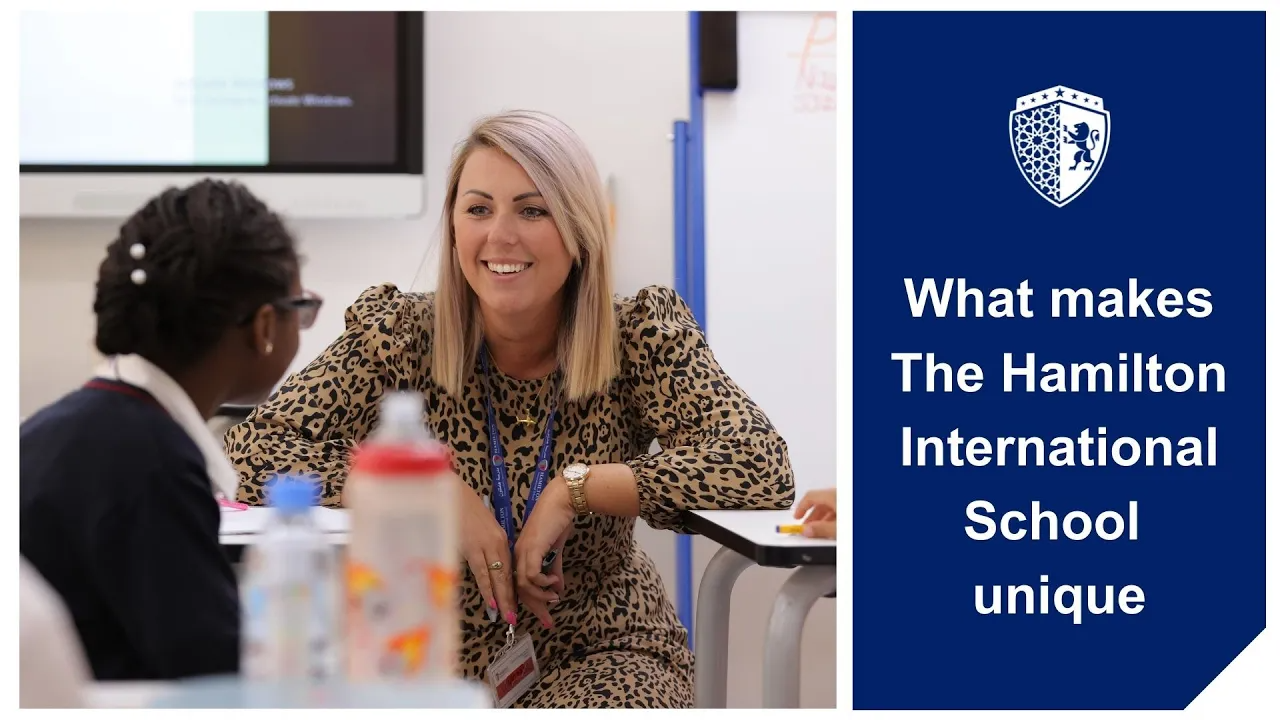The primary school curriculum forms the foundation of a child’s educational journey, providing essential knowledge, skills, and experiences that shape their academic and personal development. This overview offers insights into the American schools in Qatar curriculum, highlighting key subjects, learning objectives, and instructional approaches.
Core subjects:
The primary school curriculum typically encompasses core subjects that lay the groundwork for future learning. These subjects include:
- English language Arts: English language arts instruction focuses on developing students’ reading, writing, speaking, and listening skills. Students explore various genres of literature, practice writing for different purposes, and engage in oral communication activities to build language proficiency.
- Mathematics: Mathematics instruction focuses on fundamental concepts and problem-solving skills. Students learn mathematical operations, numerical fluency, geometry, measurement, and data analysis, gradually progressing to more complex mathematical concepts as they advance through primary school.
- Science: Science education introduces students to the principles of scientific inquiry, experimentation, and discovery. Through hands-on activities and inquiry-based learning, students explore topics such as the natural land, physical sciences, life sciences, and earth sciences, nurturing curiosity and critical thinking skills.
- Social studies: Social studies instruction explores concepts related to history, geography, civics, economics, and culture. Students learn about past events, diverse cultures, global societies, and civic responsibilities, developing a deeper understanding of the people around them and their place within it.
Additional subjects:
- Arts: Arts education encompasses visual arts, music, theater, and dance, allowing students to explore their creativity, express themselves, and appreciate various forms of artistic expression.
- Physical education: Physical education promotes physical fitness, motor skills development, and overall health and wellness. Students participate in activities such as sports, games, fitness routines, and outdoor recreation to improve their physical abilities and nurture a lifelong appreciation for active living.
- Foreign languages: Some primary school curricula offer foreign language instruction to introduce students to new languages and cultures. Through language learning activities, students develop communication skills, cultural awareness, and appreciation for global diversity.
The primary school curriculum encompasses a diverse range of subjects, learning objectives, and instructional approaches designed to support students’ academic, social, and emotional growth. By providing a strong foundation in core subjects, exposing students to additional areas of study, and incorporating engaging instructional methods, primary school curricula nurture a love of learning and prepare students for future success.




